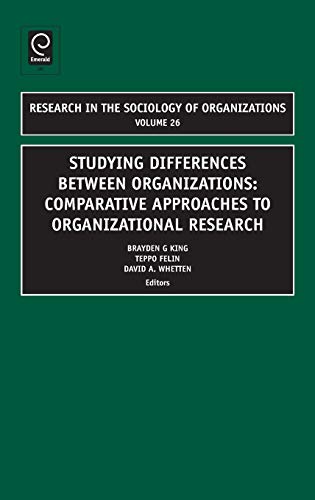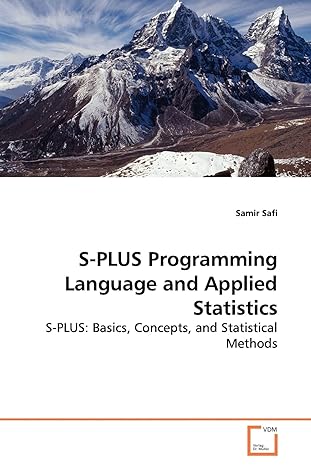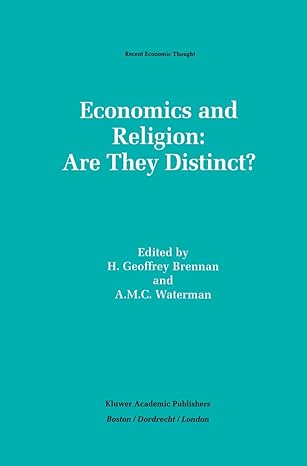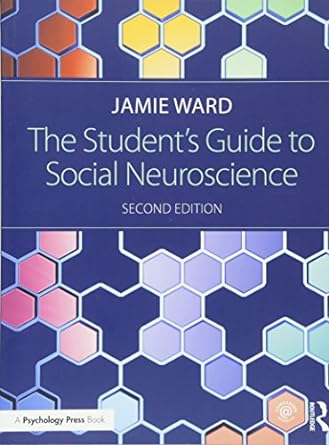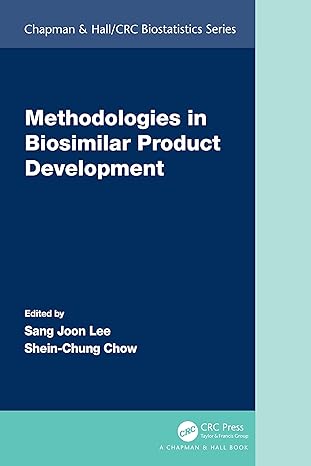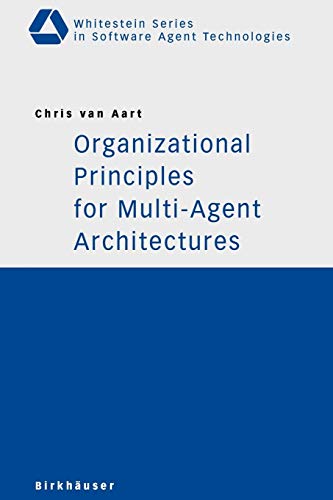Go back

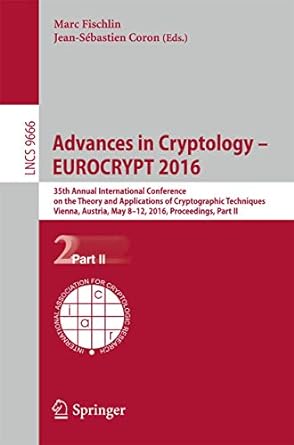
Advances In Cryptology Eurocrypt 2016 35th Annual International Conference On The Theory And Applications Of Cryptographic Techniques Part II(1st Edition)
Authors:
Marc Fischlin ,jean-sebastien Coron

Cover Type:Hardcover
Condition:Used
In Stock
Include with your book
Free shipping: May 14, 2024Popular items with books
Access to 3 Million+ solutions
Free ✝
Ask 10 Questions from expert
200,000+ Expert answers
✝ 7 days-trial
Total Price:
$0
List Price: $109.99
Savings: $109.99(100%)
Book details
ISBN: 3662498952, 978-3662498958
Book publisher: Springer
Get your hands on the best-selling book Advances In Cryptology Eurocrypt 2016 35th Annual International Conference On The Theory And Applications Of Cryptographic Techniques Part II 1st Edition for free. Feed your curiosity and let your imagination soar with the best stories coming out to you without hefty price tags. Browse SolutionInn to discover a treasure trove of fiction and non-fiction books where every page leads the reader to an undiscovered world. Start your literary adventure right away and also enjoy free shipping of these complimentary books to your door.
Advances In Cryptology Eurocrypt 2016 35th Annual International Conference On The Theory And Applications Of Cryptographic Techniques Part II 1st Edition Summary: The two-volume proceedings LNCS 9665 + 9666 constitutes the thoroughly refereed proceedings of the 35th Annual International Conference on the Theory and Applications of Cryptographic Techniques, EUROCRYPT 2016, held in Vienna, Austria, in May 2016. The 62 full papers included in these volumes were carefully reviewed and selected from 274 submissions. The papers are organized in topical sections named: (pseudo)randomness; LPN/LWE; cryptanalysis; masking; fully homomorphic encryption; number theory; hash functions; multilinear maps; message authentification codes; attacks on SSL/TLS; real-world protocols; robust designs; lattice reduction; latticed-based schemes; zero-knowledge; pseudorandom functions; multi-party computation; separations; protocols; round complexity; commitments; lattices; leakage; in differentiability; obfuscation; and automated analysis, functional encryption, and non-malleable codes.
Customers also bought these books
Frequently Bought Together
Top Reviews for Books
Kimbo Slice
( 5 )
"Delivery was considerably fast, and the book I received was in a good condition."


